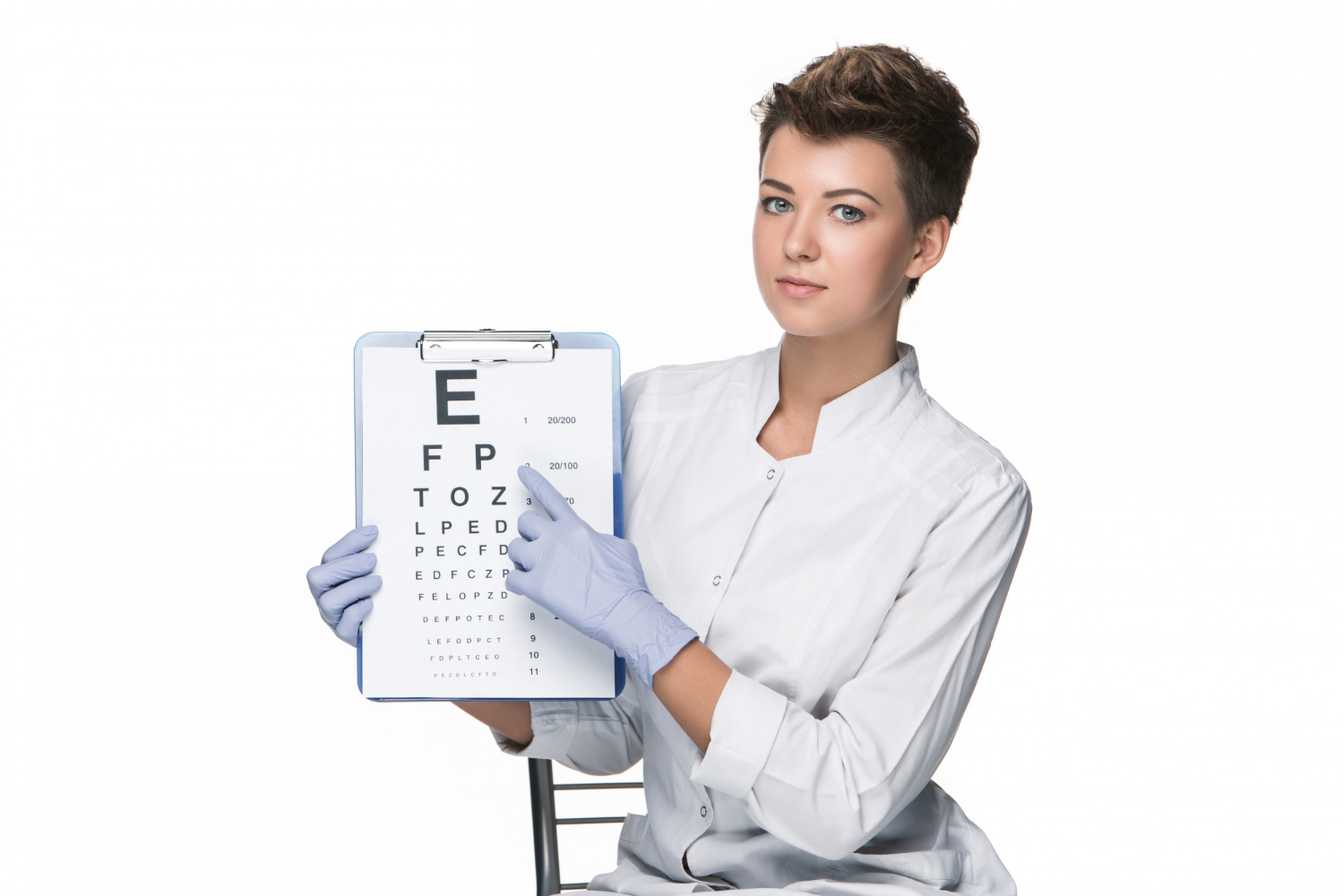For many people with high prescriptions, glasses and contacts can be a constant source of frustration. They can be expensive, inconvenient, and even limiting in certain situations. LASIK surgery offers a potential solution, permanently correcting refractive errors and eliminating the need for corrective lenses. But is LASIK suitable for everyone, especially those with high prescriptions?
Can LASIK Correct My High Prescription?
LASIK (laser-assisted in situ keratomileusis) is a versatile vision correction procedure capable of treating a broad spectrum of refractive errors. These include:
- Myopia (nearsightedness): Difficulty seeing distant objects clearly.
- Hyperopia (farsightedness): Difficulty focusing on close-up objects.
- Astigmatism: Blurred vision at all distances due to an irregularly shaped cornea.
While traditional guidelines exist for LASIK eligibility based on prescription strength, advancements in laser technology allow for more flexibility in treatment options.
The key to determining whether LASIK is right for your high prescription lies in a comprehensive evaluation by a qualified LASIK surgeon. This evaluation considers several factors beyond just your prescription strength.
Beyond the Prescription: Factors Influencing LASIK Candidacy
Your suitability for LASIK goes beyond a single number on your eye exam sheet. Here’s a closer look at the additional factors influencing candidacy:
- Age: LASIK is generally recommended for individuals aged 18 and above, as vision tends to stabilize after adolescence.
- Prescription Stability: Consistent vision is crucial for successful LASIK outcomes. Significant fluctuations in your prescription could impact the procedure’s long-term effectiveness.
- Dry Eye Condition: Chronic dry eye can complicate the LASIK recovery process. However, treatments can manage dry eye symptoms and potentially make you a LASIK candidate.
- Corneal Thickness: LASIK relies on a healthy corneal thickness for a safe procedure. If your corneas are too thin, alternative vision correction options like PRK (photorefractive keratectomy) might be explored.
- Overall Health: Underlying health conditions like diabetes, autoimmune diseases, or specific eye issues (glaucoma or cataracts) might affect LASIK candidacy. Your surgeon will assess your overall health to ensure LASIK is safe for you.
Understanding Your Prescription for LASIK
Your eye doctor uses diopters (D) to measure your prescription. This value indicates the level of correction your eyes require for clear vision. Here’s a breakdown of what your prescription numbers mean:
- Minus (-) Diopter: This signifies nearsightedness (difficulty seeing distant objects).
- Plus (+) Diopter: This indicates farsightedness (difficulty focusing on near objects).
Understanding your specific prescription, along with the other factors mentioned above, empowers your LASIK surgeon to determine your candidacy for the procedure.

What’s the Next Step for Clear Vision?
The best way to determine if LASIK can address your high prescription is to schedule a consultation with a qualified LASIK specialist. Many LASIK providers offer complimentary consultations to discuss your candidacy and devise a personalized treatment plan based on your unique vision needs.
During your consultation, your eye doctor will conduct a series of tests to:
- Measure your refractive error precisely.
- Evaluate your corneal thickness and overall eye health.
- Discuss your visual expectations and lifestyle.
With this information, your LASIK surgeon can create a treatment plan tailored to your specific needs and determine if LASIK is the optimal solution for achieving clear, natural vision without glasses or contacts.
Don’t let a high prescription hold you back from experiencing the freedom and convenience of LASIK. Schedule a consultation today and explore the possibility of clearer vision!
Please note: This blog post is intended for informational purposes only and should not be construed as medical advice. Always consult with a qualified LASIK surgeon to determine if LASIK is right for you.
Citations:
American Academy of Ophthalmology. (2022, September 13). LASIK eye surgery. https://www.vistareye.com/types-of-corrective-eye-surgery/
Categories





